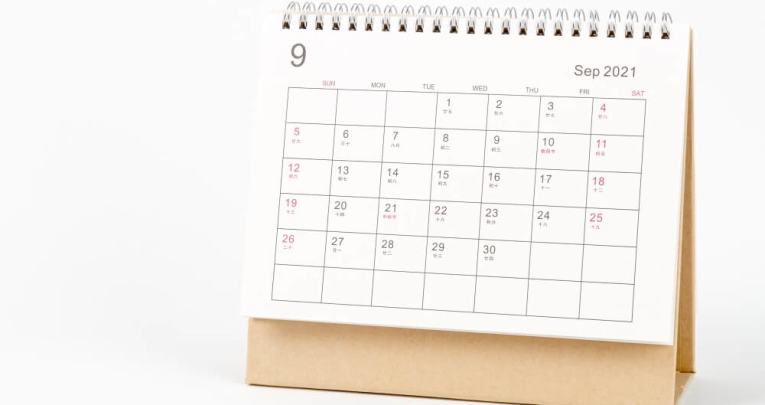Student engagement through the year – How setting boundaries early will pay dividends later

Nikki Cunningham-Smith explains why establishing a productive ‘September rapport’ with pupils can make for a much smoother and more consistent academic year

Teachers starting the new academic year after recent events could have been forgiven for entering their classrooms in September with a certain amount of trepidation – especially early career teachers with no experience of teaching environments other than those created in the wake of the pandemic.
It’s long been known, both anecdotally and through research, that the biggest dips in learning and engagement can occur after the summer break. It makes sense; all those weeks of late bedtimes, different routines, not having to pick up a pen for over a month, an almost ‘anything goes’ attitude because there’s no school in the morning – and that’s just the teachers…
So what now, after an even dicier period of engagement than usual, with no two schools able to meaningfully compare their attendance data, bubbles bursting, a pingdemic and more besides?
Pupils’ ability to attend and engage in school has taken a hit, and where there’s a lack of consistency, cracks are bound to show in terms of behaviour from even the most disciplined. But how, when the curriculum is so tight and time so precious, can individual teachers hope to tackle such challenges?
Those days spent in the classroom may feel long, but the academic year can start to feel awfully short when it comes to ensuring all elements of a scheme of work have been completed.
‘September to remember’
That’s why I’ve coined the phrase ‘September to Remember’ – a period of time at the very start of your teaching year that you can allocate to setting out your expectations and boundaries. The beauty of designating this particular period of time to training the pupils you’ll be working with is that at any point later in the year, if you feel standards are slipping, you can invoke ‘September to Remember’ and instantly trigger memory muscles you trained back then and get quick results.
Earmarking that time at the very start of the year could actually result in you saving time that might otherwise be lost through classroom disruption, enabling you to deliver teaching at a pace that conceals any deviations from your medium-term planning.
To any ECTs who might be pondering how to get through this first term – I hope you’re in a school that has strong systems in place, so that you’re confident in being able to deliver your content undisturbed. Remember that the classroom is your domain – in there, you are the pack leader, and have ownership of all that goes on when the door’s closed.
Second nature
During your ‘September to Remember’ period, consider outlining the different practices you expect of the pupils. What do you want it to look like during the transition periods of your lessons, such as moving from a practical task to a listening task?
For example: ‘When I play this particular song through the speakers, you need to stop talking, place your mouse and keyboard out of reach and find where I am in the room. Those able to do that the quickest will gain a house point during September.’ Playing that distinctive tune will then act as a Pavlovian trigger for pupils in future lessons.
By explaining procedures like this to the class clearly, and with no grey areas, you’re establishing your boundaries. You can then go a step further by demonstrating what you do and don’t want to see.
Modelling practice and being repetitive in execution, to the point of almost doing this excessively throughout September, will hopefully result in something approaching automatic behaviour among your pupils, and those routines becoming second nature.
The benefits of doing this are great, and will sustain you throughout the year – though there will likely be the occasional need to revisit, remind and resharpen when the moment demands it.
By putting this into practice, you’ll have assembled the foundations needed to build a positive relationship – which will be vitally important, given the element of trust that goes hand in hand with maintaining classroom consistency, and your pupils’ understanding of what’s expected of them from the moment they enter.
Nikki Cunningham-Smith is an assistant headteacher based in Gloucestershire












